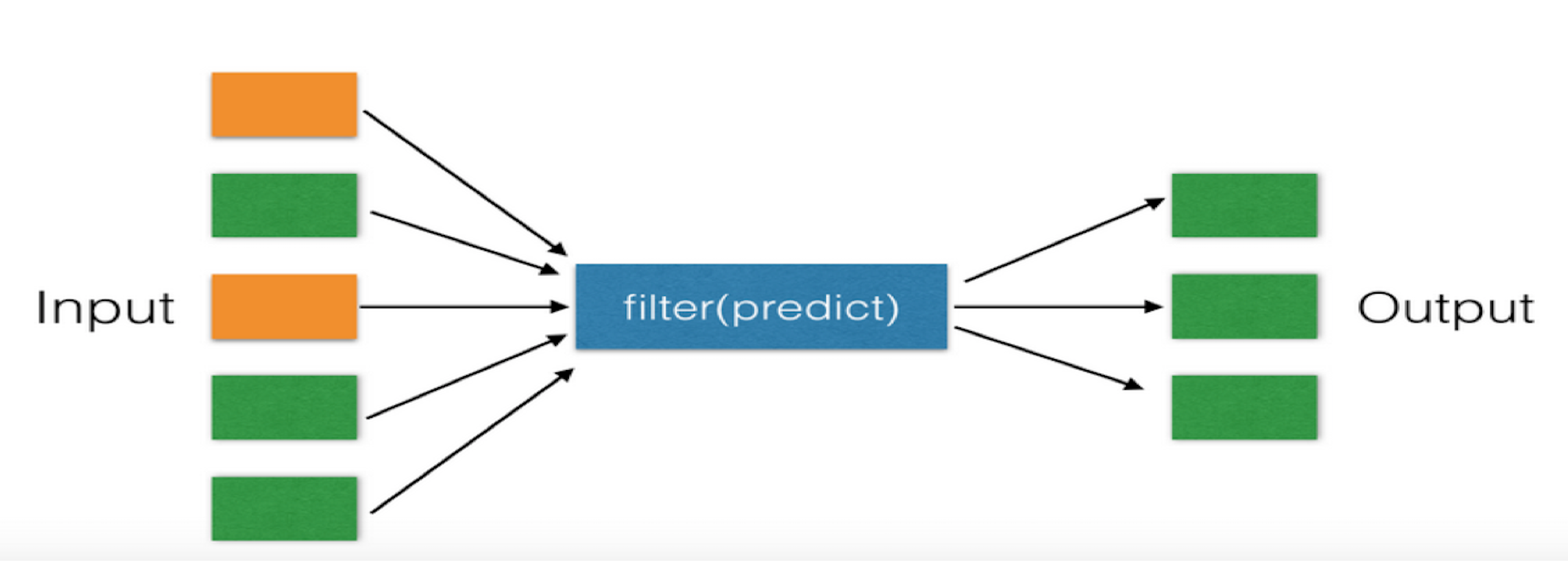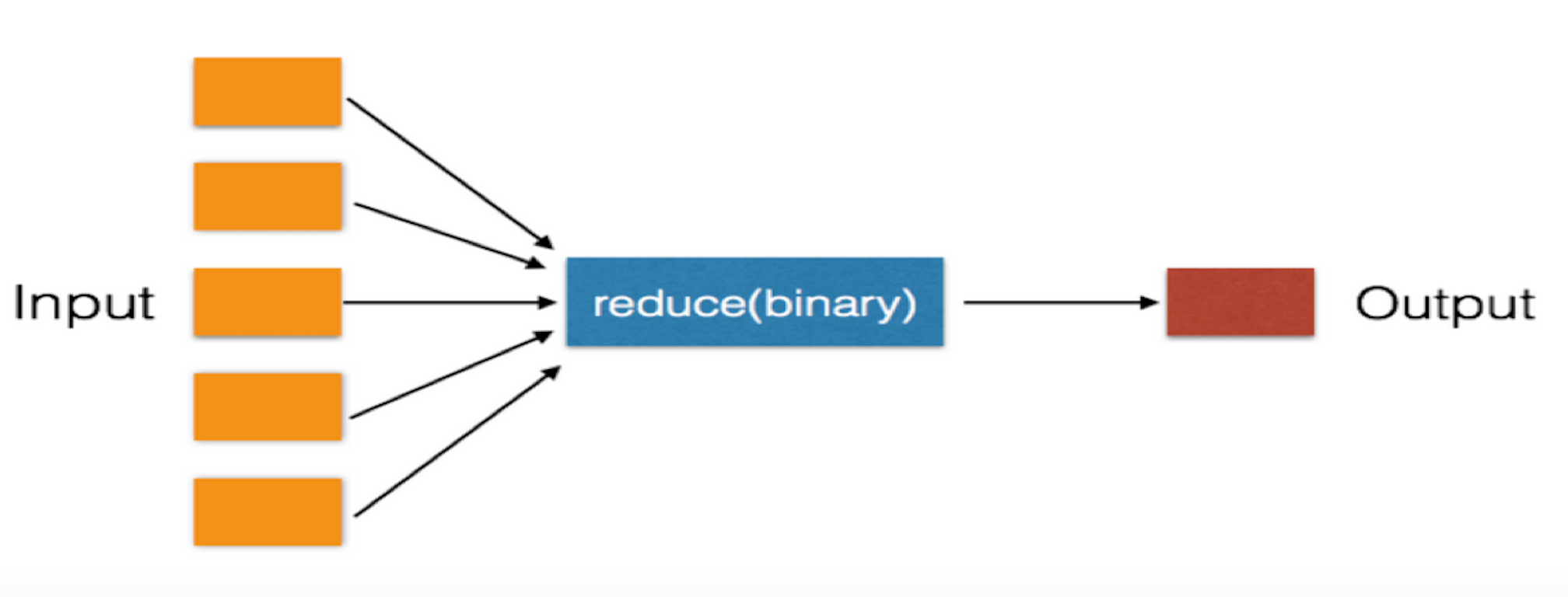map函数
map()函数,map映射
map(func,iterable)
map()函数接受两个参数,一个是函数,一个可迭代的对象(iterable),map将传入的函数依次作用到序列的每个元素,并把结果作为新的 可迭代的对象 的结果返回
num_l=[1,2,10,5,3,7] lambda x:x+1 def add_one(x): return x+1 def map_test(func,array): ret=[] for i in num_l: res=func(i) #add_one(i) ret.append(res) return ret print(map_test(add_one,num_l)) print(map_test(lambda x:x+1,num_l))
输出
[2, 3, 11, 6, 4, 8]
[2, 3, 11, 6, 4, 8]
num_l=[1,2,10,5,3,7] lambda x:x-1 def reduce_one(x): return x-1def map_test(func,array): ret=[] for i in num_l: res=func(i) #add_one(i) ret.append(res) return ret print(map_test(reduce_one,num_l)) print(map_test(lambda x:x-1,num_l))
输出
[0, 1, 9, 4, 2, 6]
[0, 1, 9, 4, 2, 6]
map函数
def map_test(func,array): #func=lambda x:x+1 arrary=[1,2,10,5,3,7] ret=[] for i in array: res=func(i) #add_one(i) ret.append(res) return ret print(map_test(lambda x:x+1,num_l)) res=map(lambda x:x+1,num_l) 一个可迭代的对象(iterable),只可迭代一次 print('内置函数map,处理结果',res) for i in res: print(i) print(list(res)) print('传的是有名函数',list(map(reduce_one,num_l))) msg='liushui' print(list(map(lambda x:x.upper(),msg)))
输出
[2, 3, 11, 6, 4, 8] 内置函数map,处理结果 <map object at 0x0000000001E9C0F0> 2 3 11 6 4 8 [] 传的是有名函数 [0, 1, 9, 4, 2, 6] ['L', 'I', 'U', 'S', 'H', 'U', 'I']
filter函数
作用:对于序列中的元素进行筛选,最终获取到符合条件的序列
演示引出filter

ps1: 过滤掉sb开头的人,就加入到列表中
movie_people=['sb_alex','sb_wupeiqi','linhaifeng','sb_yuanhao'] def filter_test(array): ret=[] for p in array: if not p.startswith('sb'): ret.append(p) return ret res=filter_test(movie_people) print(res)
输出
['linhaifeng']
ps2:
movie_people=['alex_sb','wupeiqi_sb','linhaifeng','yuanhao_sb'] def sb_show(n): return n.endswith('sb') def filter_test(func,array): ret=[] for p in array: if not func(p): ret.append(p) return ret res=filter_test(sb_show,movie_people) print(res)
输出
['linhaifeng']
ps3
#终极版本 movie_people=['alex_sb','wupeiqi_sb','linhaifeng','yuanhao_sb'] def sb_show(n): return n.endswith('sb') # --->lambda n:n.endswith('sb') def filter_test(func,array): ret=[] for p in array: if not func(p): ret.append(p) return ret res=filter_test(lambda n:n.endswith('sb'),movie_people) print(res)
输出
['linhaifeng'] ['linhaifeng']
ps4:
# filter函数 movie_people=['alex_sb','wupeiqi_sb','linhaifeng','yuanhao_sb'] print(filter(lambda n:not n.endswith('sb'),movie_people)) res=filter(lambda n:not n.endswith('sb'),movie_people) print(list(res)) print(list(filter(lambda n:not n.endswith('sb'),movie_people)))
输出
<filter object at 0x00000000029A7C88> ['linhaifeng'] ['linhaifeng']
reduce函数
作用:对于序列内所有元素进行累计操作

示例:循行渐进式演示引出reduce
# #求和 num_l=[1,2,3,100] res=0 for num in num_l: res+=num print(res)
输出 106
num_l=[1,2,3,100] def reduce_test(array): res=0 for num in array: res+=num return res print(reduce_test(num_l))
输出 106
相乘
num_l=[1,2,3,100] def reduce_test(func,array): res=array.pop(0) for num in array: res=func(res,num) return res print(reduce_test(lambda x,y:x*y,num_l))
输出 600
num_l=[1,2,3,100] def reduce_test(func,array,init=None): if init is None: res=array.pop(0) else: res=init for num in array: res=func(res,num) return res print(reduce_test(lambda x,y:x*y,num_l,100))
输出 60000
# reduce函数 from functools import reduce num_l=[1,2,3,100] print(reduce(lambda x,y:x+y,num_l,1)) print(reduce(lambda x,y:x+y,num_l))
输出
107 106